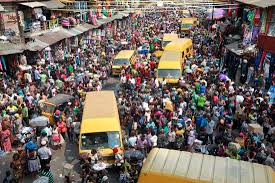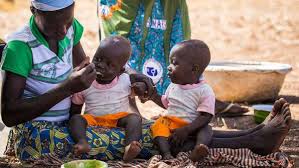According to the event’s organizers, representatives from Egypt, Iran, Malaysia, Nigeria, Pakistan, Turkey, and Bangladesh met under the auspices of the D-8, or developing eight countries, to discuss alternative trade financing options like cross-currency swaps, barter, and blockchain to address the vulnerabilities in their foreign exchange reserves.
The $5 trillion economy of the group’s members, according to Bangladesh’s foreign minister A.K. Abdul Momen, is trying to implement a free trade agreement while also boosting trade volume.
Participants, including key oil producers Iran and Nigeria, were supposed to be looking into methods to increase energy security.
Bangladesh, a country with a population of 160 million and the 41st largest economy in the world, has stopped operating diesel-powered power plants to lower the cost of imports. Bangladesh’s central bank has also taken action to cut down on luxury imports due to a lack of dollars in banks.
According to Sheikh Fazle Fahim, president of the D-8 Chamber of Commerce and Industry, “due to the ongoing impact of the COVID-19 pandemic and key global economic developments, every member country is experiencing foreign reserve and currency vulnerabilities, supply chain disruptions, inflation, energy, and food security risks, and as a result, should take precautionary measures to prepare for business beyond the norm.”
Momen advised the team to utilize its youthful personnel. “There are more than 200 million youth in our country. Additionally, there is a number of emerging women entrepreneurs.
To engage in economic cooperation and strengthen member states’ positions in the global economy, D-8 was founded in Istanbul in 1997.




















